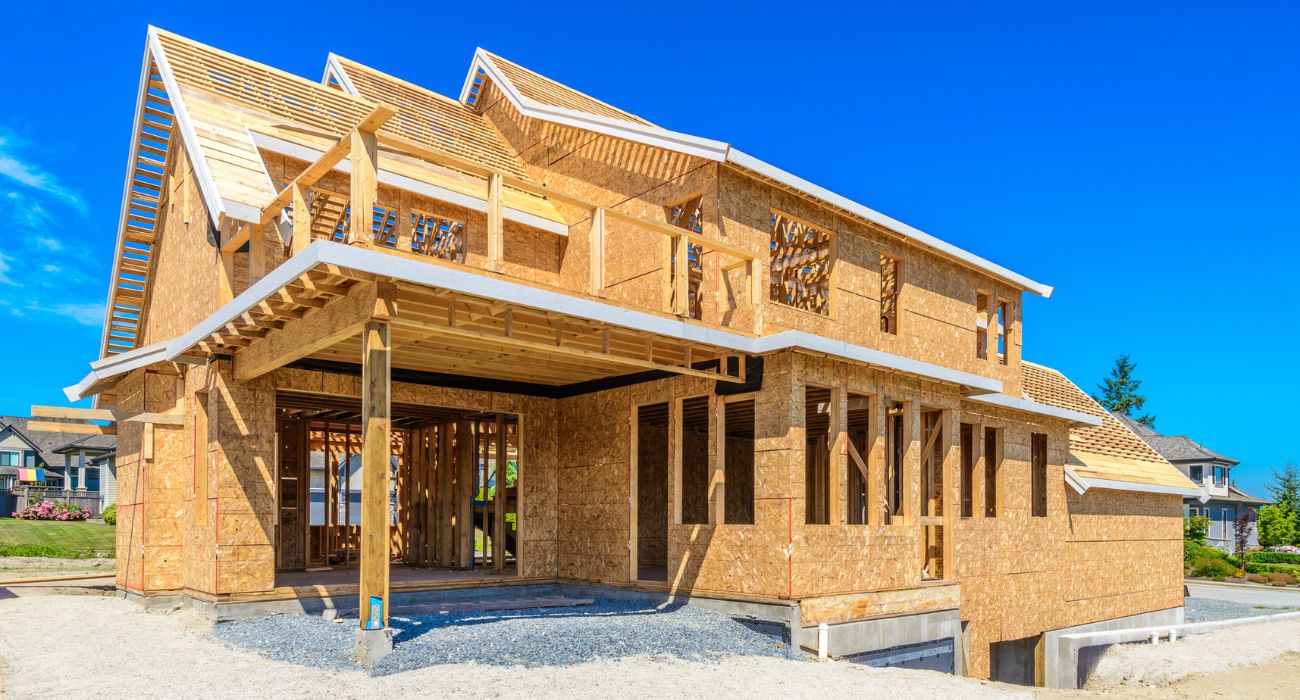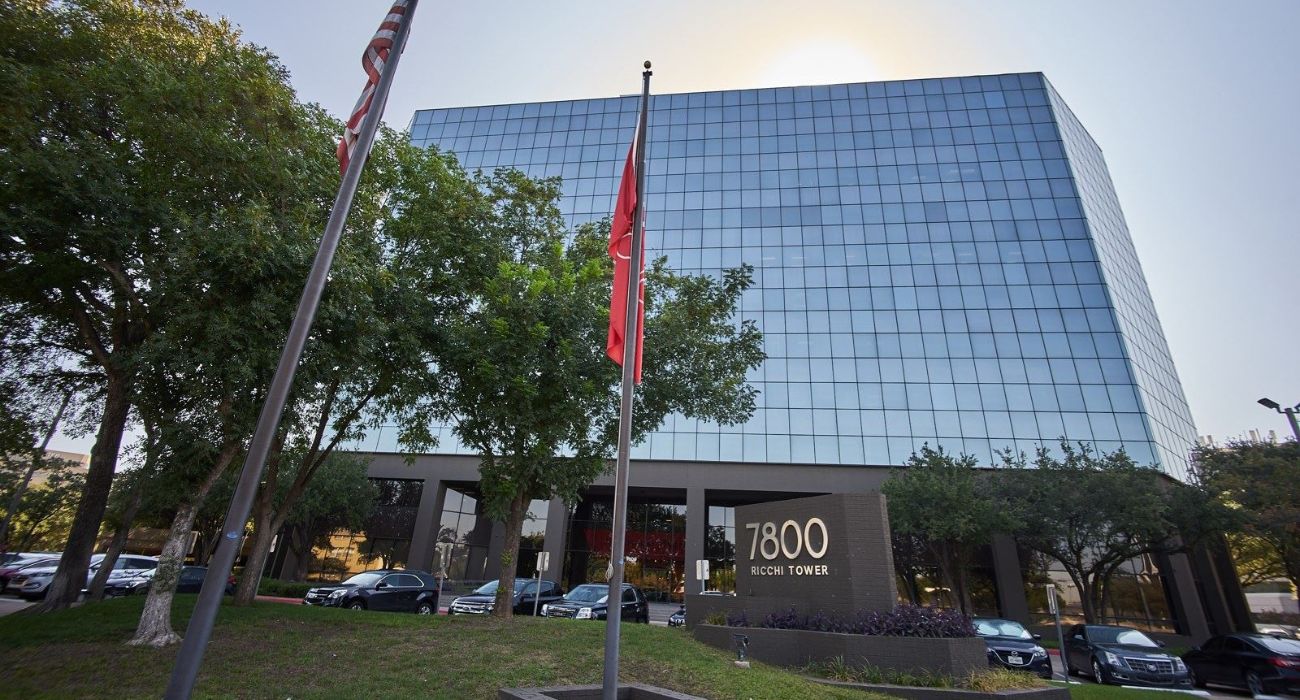Residential permit activity is down in many North Texas suburbs this year despite a slight uptick in October.
Single-family building permits are down 25% in Frisco, 34% in Little Elm, 5% in Prosper, 41% in Sherman, and 15% in Denton through the first 10 months of 2023, according to data compiled by Addison-based Tomlin Investments and provided to The Dallas Express.
However, not all North Texas suburbs are down on the year. The data shows that single-family permit activity in Celina is up 46% year over year, McKinney is up by 34%, Princeton by 53%, Melissa by 2%, and Anna by 5%.
While Dallas saw a small increase in single-family permits between September and October, activity slipped when comparing October 2022 levels to current activity.
Dallas issued 198 new single-family permits in October 2023, a slight increase from the 186 issued in September but a roughly 40% drop from the 332 issued during the same month in 2022, according to metrics provided in a Development Services Economic Impact report.
On a year-over-year basis, Dallas issued 2,062 single-family permits in the first 10 months of 2022 and 1,768 during the same period in 2023, marking a 14% decrease, according to a comparison using data from Dallas Development Services’ Residential Permit Activity Dashboard.
In general, Frisco, Celina, and McKinney have become some of the more popular areas for development around North Texas, as previously reported by The Dallas Express.
While the aforementioned markets have been benefiting from accelerated growth and development activity, Dallas’ market has been stagnating due to its slow building permit process and general staffing woes under City Manager T.C. Broadnax.
One of the more recent issues plaguing Dallas has been the low fees the city’s Development Services Department charges builders. While competitive fees can be a great way to attract developers, Dallas is significantly undercharging builders, which has resulted in city taxpayers subsidizing a large portion of the local development process.






